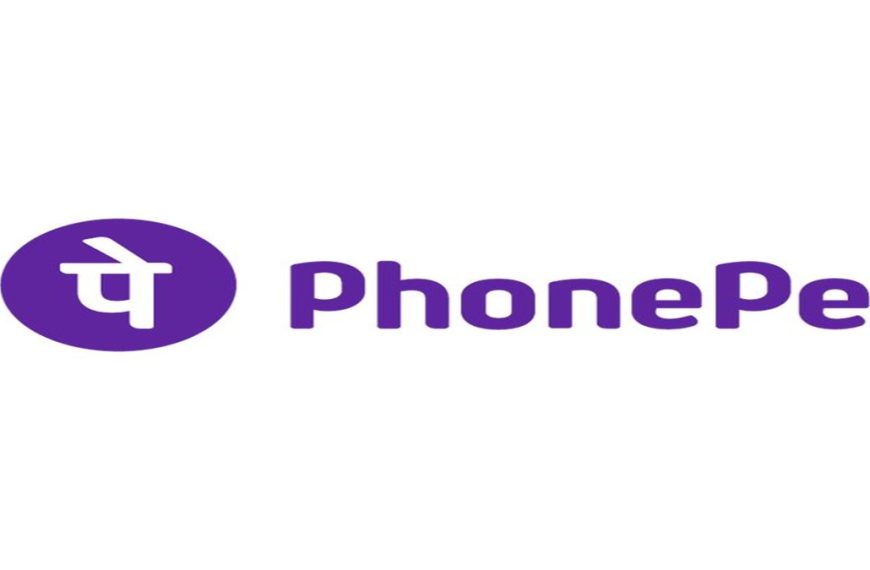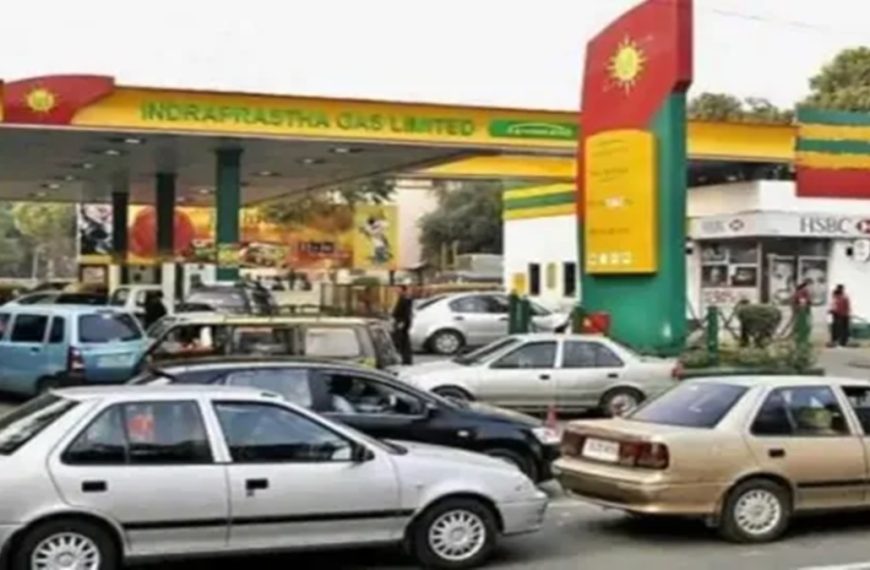The recent decision to slash the allocation of Administrative Price Mechanism (APM) gas by 18-20% to city gas distribution (CGD) companies has cast a shadow over their profitability prospects. To offset these cuts, analysts predict that CGD firms will need to raise the prices of compressed natural gas (CNG) by approximately Rs 1.5-2 per kg.
Impact of APM Gas Cuts on CGD Companies
Earnings for CGD companies have taken a significant hit over the past few quarters. According to Kotak Institutional Equities, the situation appears bleak with further allocation reductions.
The government has replaced much of the APM gas with more expensive New Well Gas (NWG), making it challenging for CGD firms to maintain their profit margins.
- Current Pricing: The fixed price for domestic gas is now $6.75/MMbtu.
- Allocation Change: The APM allocation for the CNG sector has now dropped to 37%.
Challenges in CNG Price Adjustments
Kotak emphasizes that implementing price hikes on CNG is complicated by political sensitivities and the potential impact on demand. As a result, CGD companies are facing significant hurdles in passing on these costs to consumers.
- Previous Allocations: The recent cuts follow a brief increase in January when the allocation for CNG rose to about 51%.
- Future Expectations: Analysts anticipate further cuts in APM gas allocations due to declining volumes affecting CGD sectors, while other sectors like fertilizers and power have not faced similar reductions.
Company Insights and Potential Responses
In an earlier discussion, Ashu Shinghal, managing director of Mahanagar Gas Limited (MGL), indicated that while the company expects decent performance in FY25, it will likely be lower than previous years due to rising procurement costs. He noted that if domestic gas allocations continue to decrease, MGL may have to pass on some of this increase to consumers, depending on their sourcing costs.
Policy Framework Surrounding Gas Allocation
The Ministry of Petroleum and Natural Gas issued guidelines on August 10, 2022, stating that domestically produced APM gas should be allocated to CGD firms for priority segments, specifically for domestic PNG and CNG transport. The policy mandates that gas supplies to CGD entities are contingent upon availability and allocations made to GAIL (India) Limited.
Financial Implications for Major CGD Players
Recent adjustments have led to significant reductions in domestic gas allocations for major players:
- Adani Total Gas: Experienced a 15% cut in APM gas allocations.
- Mahanagar Gas: Faced an 18% reduction, with both companies confirming that the shift to higher-priced NWG will negatively impact profitability.
The Broader Market Context
In light of the newly introduced electric vehicle (EV) policy by the Delhi government, analysts predict a weakened growth outlook for the CNG segment. Kotak points out that with APM cuts and potential price reductions for petrol and diesel, the competitive edge of CNG could diminish.
- The Delhi EV Policy 2.0 aims for an aggressive rollout of electric vehicles, which may influence other metropolitan areas, including Mumbai, to adopt similar strategies.
In conclusion, the recent gas allocation cuts pose significant challenges for CGD companies, prompting necessary price adjustments while navigating political and market dynamics. As the landscape evolves, stakeholders must remain vigilant to adapt to these changes.











